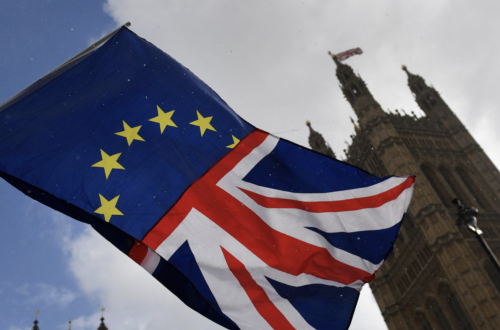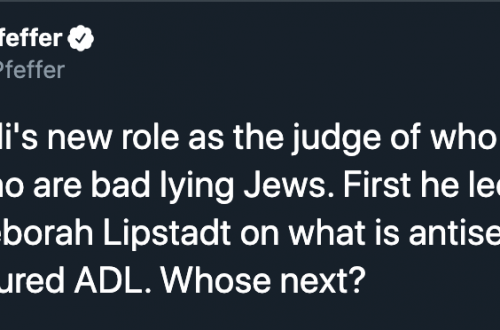Good and evil we know in the field of this world grow up together almost inseparably; and the knowledge of good is so involved and interwoven with the knowledge of evil, and in so many cunning resemblances hardly to be discerned, that those confused seeds which were imposed upon Psyche as an incessant labour to cull out and sort asunder, were not more intermixed. (Milton, Areopagitica)
Reading (and arguing on) a variety of blogs makes one more aware, not just of what positions one takes on a range of political and social issues, but why and how one has arrived at those positions. Sometimes this self-reflective process can lead to a change of heart. An example familiar to HP readers is the journey described by Nick Cohen in What’s Left. It’s easy to agree strongly with certain positions and ideals, identify them as ‘Left’, and then fall into the trap of assuming that the right choice, the right side, on any issue is always going to the be that associated with the left.
The reverse is also true. Once one has identified a grouping or party as objectionable it becomes harder to accept any views that party seems to promote, even if one might naturally be inclined to agree with them. An example is Halal slaughter. The fact that this issue is used, often by the far right, to beat up Muslims is very distracting if you’re trying to work out where you stand on it. Another example familiar to HP readers is criticism of Israel. If you feel that Israel is subjected to excessive scrutiny, then it can become more difficult to respond dispassionately to each individual criticism of the country – but just because you know your political enemies will lap up a story isn’t itself a reason to dismiss it.
Two articles have appeared recently which address just these dilemmas. Although I often disagree with both authors, I thought these pieces engaged effectively and eloquently with the genuinely difficult and sometimes contradictory thought processes one goes through when reaching a decision, taking a side. Last week Yasmin Alibhai-Brown wrote about the taboo surrounding discussion of certain crimes, focusing on the recent case of a paedophile ring in Derby.
This wasn’t a fully comfortable piece to read, and I think I would have preferred this important point:
The English Defence League and British National Party have draped bunting and bright lights around the story, the nation’s virtue penetrated and torn by rapacious migrants and their sons. Two days after the Derby case, another such network was exposed – of white men in Cornwall who plucked white girls to groom, violate and control. Was theirs a lesser crime? No. It’s naked racism to believe that sex assaults on white women by black or Asian men are more depraved and animalistic than those carried out by white men, who presumably remember to say “please” and “thank you” before and after.
to have come at the end rather than the beginning of the argument. Given the edginess of the article, it’s telling to look at responses to it. Whereas on one online discussion board someone says YAB wouldn’t have got away with writing that if she’d been white, on Stormfront (which I won’t link to) even this piece prompts foul racist abuse.
The other piece which struck me was Sunny Hundal’s ‘Is it always a sell out to discuss difficult issues’. Most of the readers’ comments focus on the opening remarks about differing views of the assault allegations against Assange. But I thought the most interesting part of the article was this discussion of difficult decisions Sunny has faced.
Lefties like myself who don’t always toe the line are constantly accused of being sellouts. When I attacked Asian community leaders in the Guardian, Madeleine Bunting accused of me destroying unity and setting back the cause of race relations. Sound familiar?
Several years ago the BNP decided to hold a march based on an article I had written about how Asian men in Keighley were ‘grooming’ young white women. I also had raging arguments when some wanted a C4 documentary not be shown for similar reasons. Guess what – people accused me of inflaming tensions then too. …
The same controversy also forced Searchlight out of Unite Against Fascism because UAF accused the former of aiding BNP narratives.
Leading on from Sunny’s final point, it could be argued that it’s those who ignore difficult stories who are doing most to aid BNP narratives (though it can be a fine balance) and Hope not Hate’s recent decision to come out more firmly against Islamism seems the right one. To quote Nick Lowles: ‘Publicly opposing these groups does not make us Islamophobes, in fact quite the reverse. It is by staying silent that we give our opponents a free run.’


